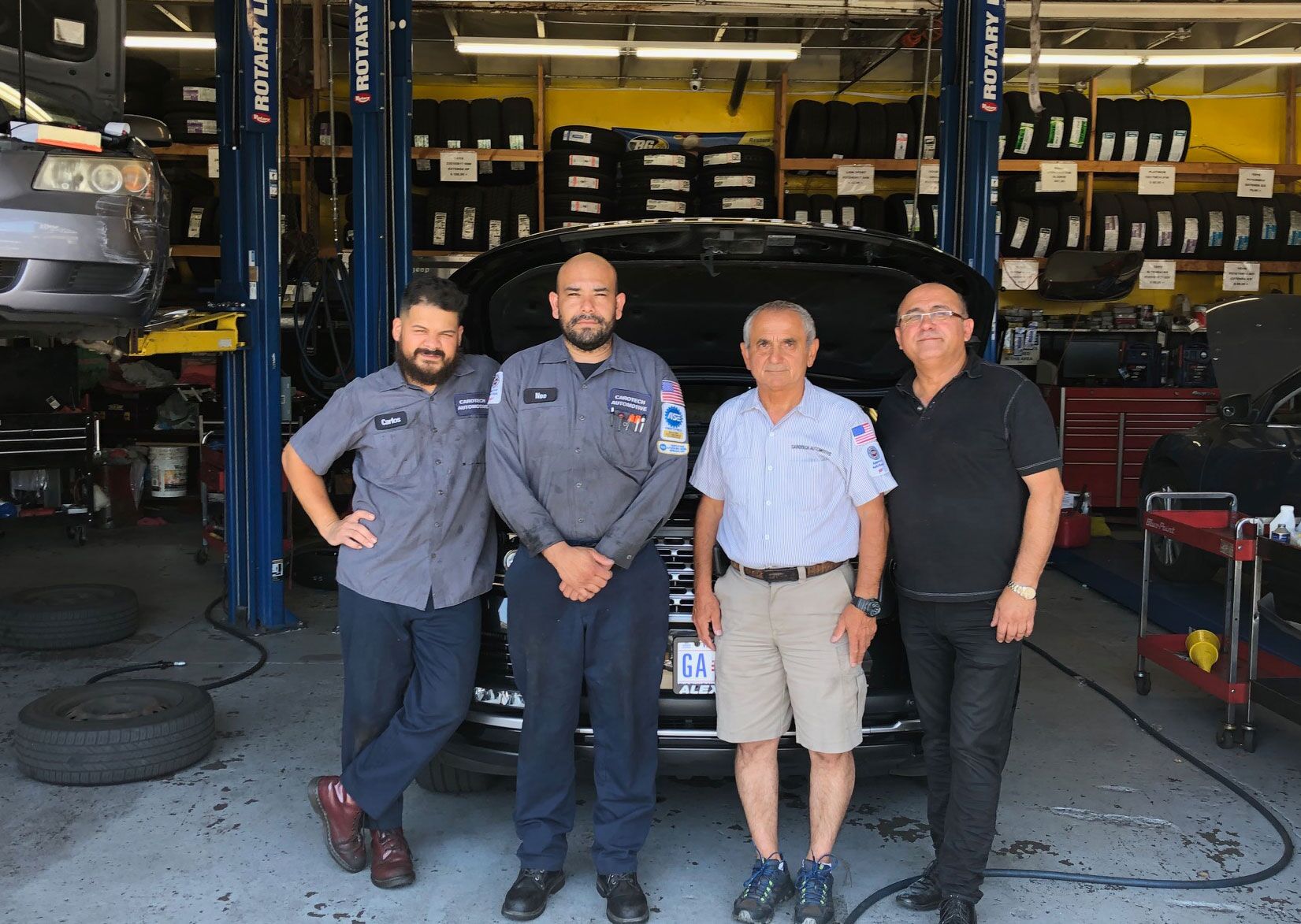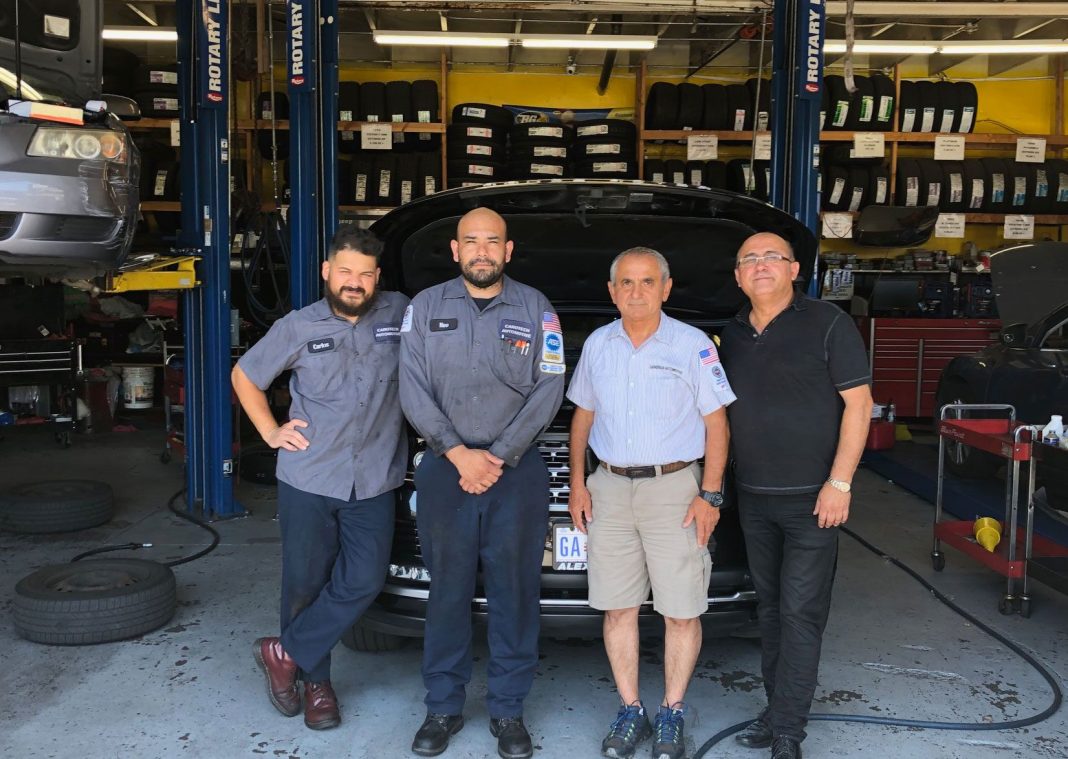
Are Vehicle Service Contracts Worth it?
Introduction:
After spending hours searching for the perfect car and negotiating the price, it’s time to consider the paperwork and additional expenses, such as a vehicle service contract or extended auto warranty. But what exactly does a vehicle service contract cover, and is it worth the cost? In this article, we will explore the ins and outs of vehicle service contracts, comparing them to manufacturer warranties and discussing the pros and cons to help you make an informed decision.
Understanding Vehicle Service Contracts:
A vehicle service contract, as revealed by a MarketWatch survey, is designed to cover unexpected mechanical repairs and failures, providing financial protection when repairs are needed. This is particularly important considering that over 36 percent of Americans cannot afford more than $500 in unexpected car repairs.
Purchasing a Vehicle Service Contract:
You have two options when it comes to purchasing a vehicle service contract. You can buy one from the car dealer at the time of purchase, or you can choose to purchase one later from a third party. If you decide to buy it later, the cost will be an additional expense, either paid upfront or rolled into your monthly payments if you take out a car loan.
Service Contract vs. Manufacturer Warranty:
To determine whether a vehicle service contract is necessary, it is essential to compare it to the manufacturer’s warranty. A manufacturer warranty is typically included in the car’s purchase price and covers defects and repairs resulting from the manufacturing process. However, the coverage is limited to a specific number of miles or years. For example, most manufacturers offer a bumper-to-bumper warranty lasting between three to five years and a powertrain warranty that extends up to 10 years.
A vehicle service contract usually begins after the manufacturer’s warranty expires and comes at an extra cost. It fills in the gaps left by the manufacturer’s warranty, providing extended coverage for mechanical repairs and failures.
What Does a Service Contract Cover?
It is important to note that not all types of repairs are covered by service contracts. Routine maintenance items like brakes and clutches are typically not covered. The items covered by a service contract are listed explicitly in the contract, so it’s crucial to review the coverage details before making a purchase.
There are different types of vehicle service contracts available, with the most common being basic powertrain warranties and comprehensive bumper-to-bumper or exclusionary car warranties. Some contracts bridge the coverage gap between powertrain and bumper-to-bumper plans.
Powertrain contracts cover specific components such as the drivetrain, limited engine components, and the transmission. On the other hand, exclusionary contracts cover everything except the listed parts and repairs, offering a more comprehensive level of coverage.
It is worth mentioning that some service contract providers have absolute exclusions and only cover “mechanical” damages, denying claims for normal wear and tear. However, if wear and tear damage leads to engine repair, the service contract may cover the associated parts, but the cost of disassembling and reassembling the engine will still be the owner’s responsibility.
What Vehicle Service Contracts Don’t Cover:
While vehicle service contracts provide valuable coverage, there are limitations to what they cover. Routine maintenance, cosmetic damages, damages from weather conditions, car accidents, theft, damage, and after-market modifications are typically not covered. It’s important to rely on car insurance policies for these situations.
Pros of Vehicle Service Contracts:
The primary advantage of a vehicle service contract is cost reduction. Without a contract, car repairs can be expensive, and having coverage can alleviate some of the financial burden. Additionally, many service contracts offer benefits such as car rental reimbursement, roadside assistance, and towing, providing added convenience and peace of mind. Some service contract providers also have a wide network of approved repair shops, making it easier to find assistance when traveling.
Cons of Vehicle Service Contracts:
One drawback of vehicle service contracts is the additional cost. Purchasing a contract means paying an extra expense, and there may be deductibles or fees for repair shop visits. Another potential issue is that not everything is covered, and some claims may be denied, resulting in out-of-pocket expenses.
Reading the Fine Print:
Before purchasing a vehicle service contract, it is crucial to read and understand the contract thoroughly. Knowing the exact type of coverage you’re buying can help prevent surprises and disappointments when you need to use it. Paying a premium and realizing that the coverage is not sufficient can be frustrating and costly.
Conclusion:
Vehicle service contracts can provide valuable coverage and peace of mind, especially for those who cannot afford unexpected car repairs. However, it is essential to carefully consider the cost, coverage details, and potential limitations before making a purchase. By understanding the differences between manufacturer warranties and service contracts and thoroughly reviewing the contract’s terms, you can make an informed decision that suits your needs and budget.


